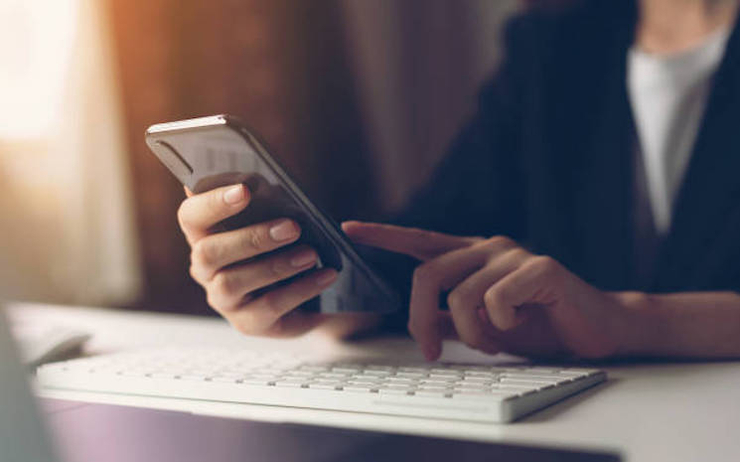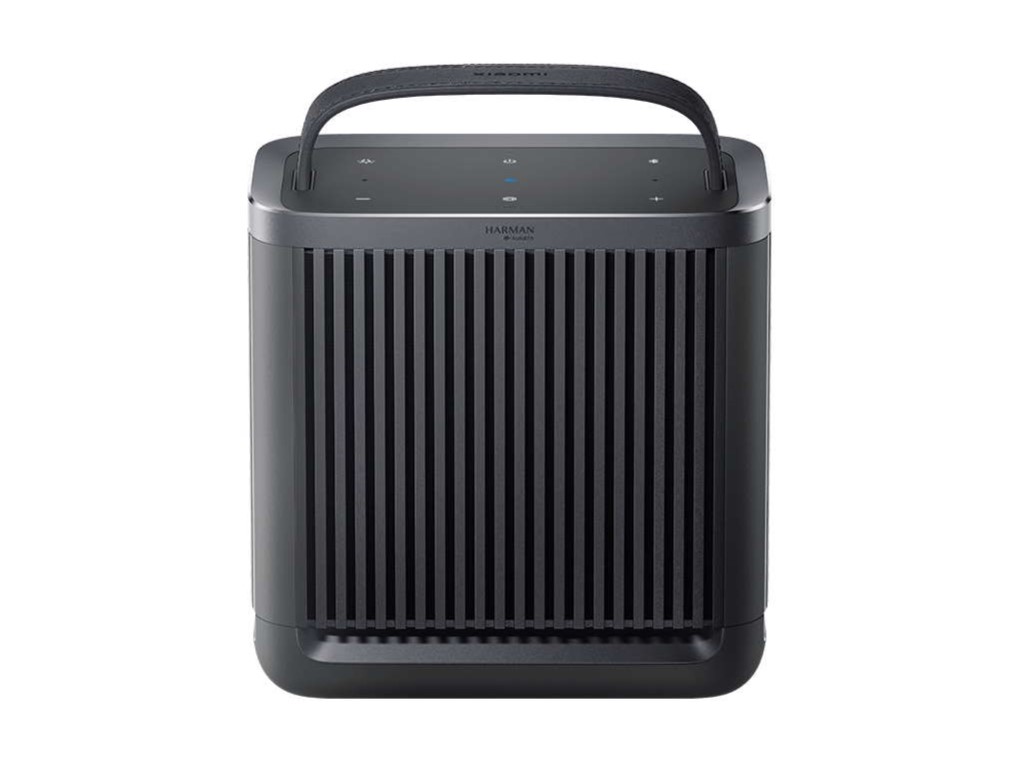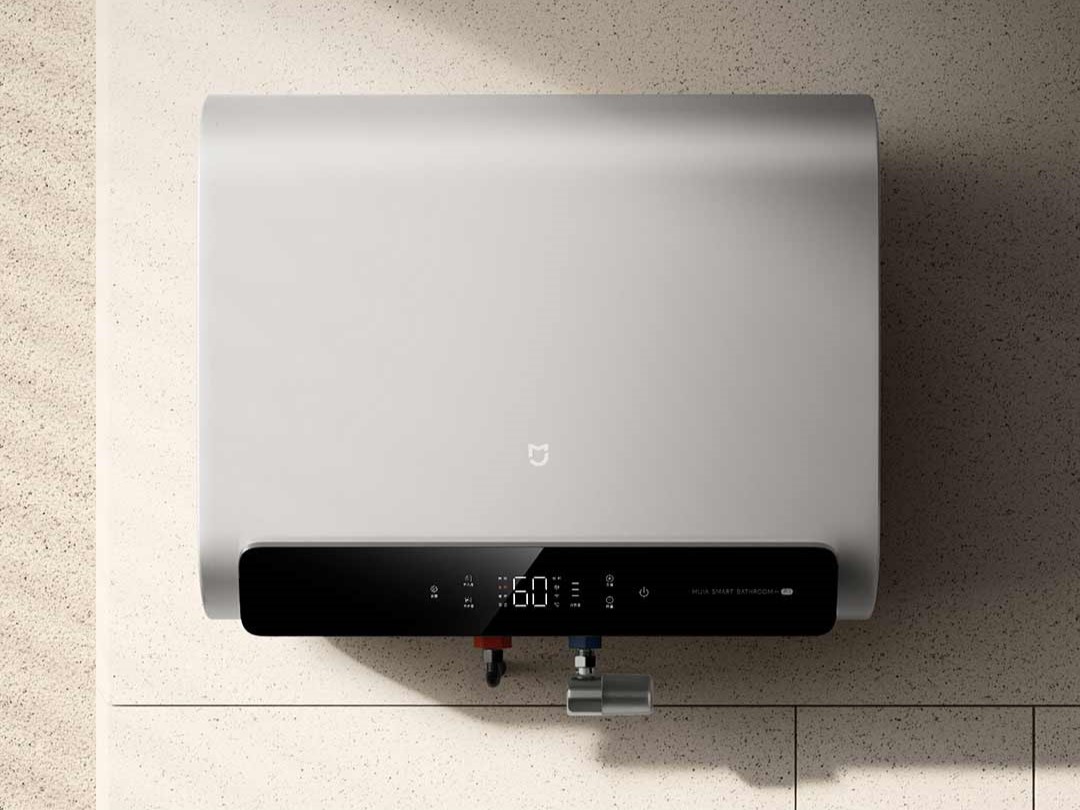
We all carry a lot of things on our smartphone, including a lot of personal data and account access information. This data should be protected to avoid theft, loss or malicious apps spying on us. Here are some basic security tips to avoid putting the data you store on your Android mobile devices at risk.
1. Do not store passwords on your mobile phone
Neither in apps nor in the browser: Never store passwords, even if it saves you a few seconds. Do not memorize passwords to access your profile on social networks, banking applications or online stores. While it may make your life easier than not having to retype the same password every time you log in, if you lose your cell phone, whoever finds it can access all your accounts with a single touch, and your personal data is instantly exposed.
2. Manage your connection on Wi-Fi networks with a VPN
It is never safe to use public Wi-Fi to share sensitive information because anyone can easily access your device if they can Find your IP address. In public places, it is safer to turn off your Wi-Fi signal and use your mobile data. However, if you have to make transactions or surf the Internet from Wi-Fi, use a reliable VPN. This tool camouflages your connection, so that no one can see your activity. It is able to encrypt your data and change your IP address to maintain your privacy at all times, allowing greater digital freedom on unprotected networks.
3. Lock apps with your fingerprint
This option is available in many Android customization layers and some apps offer it natively (WhatsApp, cable…). It’s a good way to protect your apps, preventing anyone from accessing and using them without your permission or reading your conversations, for example.
4. Check app permissions
Some apps may be given permissions they shouldn’t have, you can check this in Settings. For example, if the calculator app requests access to your microphone or contact list, you have reason to be suspicious. Some of these permissions can spy on your phone’s content. Although it is not always possible to disable all permissions, it is possible to check the access of each application and control the purpose for which it is used.
5. Check passwords
The password The ones you use on the accounts you access from your Android phone may be exposed at some point. Fortunately, in your Google account, there is a section where you can see if any of them have been leaked or need to be changed to improve security.
6. Reduce lock time and hide notifications
Reducing the screen lock time as much as possible is a good option to increase the security of your mobile phone. When you are not using your phone, sometimes it is better to lock it after 15 seconds and not wait for 30 or 60 seconds as usual.
This way no one can access your device, provided you have set a password or pattern lock.
But you should also hide the notifications you receive when your screen is locked. This way, no one can read your messages or emails without unlocking the device first.
7. Keep your Android device updated
The updates are intended to improve the performance and security aspects of the system. If you want to make sure that your mobile device ensures that your information is protected, update it whenever asked. A simple procedure like this can remove malware and resolve any security vulnerabilities. Moreover, the process only takes a few minutes.
8. Activate your device so that you can locate it if it is lost.
You can connect to your device robot And manually enable remote locating and locking or remote wiping options.
Once you enable these settings, you can access the Android Device Manager website, which Google launched to make it easier to locate their mobile devices. From this application, you can find out where your Android devices, smartphones and tablets are located on the map. You can also block them or request remote deletion of their data.






